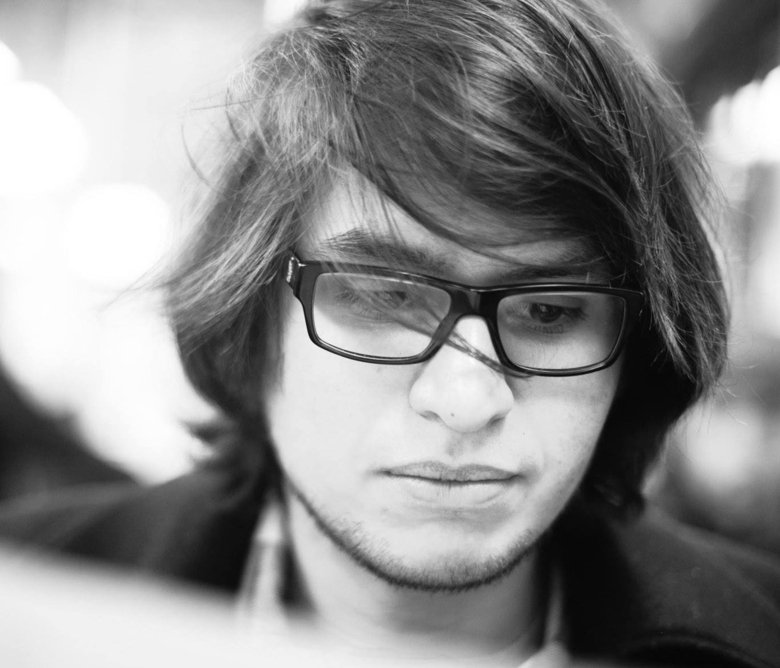Global Health alumnus José Damas juggles clinical work, teaching and medical consultancy
Name: José Damas
Degree: Master's in Global Health
Graduation year: 2017

Tell us your story!
I wanted to pursue a career in academia, with the goal of becoming a professor who can offer research opportunities for the next generation of health scientists in the world. Thus, my next step was to begin preparation for PhD studies in clinical research. So - while working in my PhD applications - I workled as a research assistant to gain more experience and develop independence to explore my evidence-based creativity to address complex research questions.
After coming back from Sweden, I got in contact with a very well-known professor from Luis Razetti Medical School, where I did my medical degree. He was very excited that one of his own alumni pursued a degree in Public Health! After some discussion, he offered me a research assistant position in a child and maternal health project within his department. During this project, he invited me as as a guest lecturer in epidemiology, and two months later, the faculty offered me a temporary position as Lecturer in Epidemiology within the Public Health course for second year medical students.
Soon after, I was also approached by a former supervisor, who offered me a Medical Consultant position in a research project related to Zika virus. Wanting to gain as much experience as possible, I combined both roles with my medical practice, which sometimes could be pretty demanding.
However, as a former course leader at KI used to say “learning is a process”, so I was very excited about this process!
At the Public Health Department, I lectured every Monday at 10 AM. Students arrived and we covered courses related to study design, confounding, causality, chances and biases. Often, we had group discussions and some group work. I saw that most of the students were greatly inspired by the group dynamics - this reminded me of my experiences during my Master's degree at KI. For example, for one activity I formed 4 groups and assigned a publication with a different study design for each group, later students had to analyze the methods section of those publications. The activity was inspired by a similar activity coordinated by Prof. Gaetano Marrone at KI during my courses in biostatistics and epidemiology.
Before arriving to KI, I was not an enthusiast of group-work, but mainly through our work during the courses with Prof. Helle Mölsted Alvesson, I started to understand the importance of this dynamics to build new relationships between classmates, and to get in contact with people from different background and interests.
As a Medical Consultant with the Zika Project, I had different responsibilities, ranging from supporting data collection and analysis of Zika cases in Venezuela, to preparing lectures for health professionals, and social workers from underserved areas in Venezuela related to epidemiology, diagnosis, treatment and prevention of Zika Virus.
I combined both lecturer and medical consultant roles with my clinical work, where I worked as a fellow physician in oncology and infectious diseases in a private institution in Caracas, Venezuela. I found it very interesting to work in both medical and research positions, as I could experience in a critical way the complex decision making process between research evidence and clinical outcomes in patients, so patients could be well informed about all risks, benefits, and alternatives of interventions and treatments.
What is your advice to students
The most important piece of advice I can provide is that you should always stay true to yourself. Starting a new career, seeking for a job, getting new opportunities sometimes can be pretty hard, but try to stay focus and honest to your wished career path. I wish you all the best of luck on this new chapter of your lives. So it goes.
But also, remember to stay curious, and when reading a methods section: trust no one!
